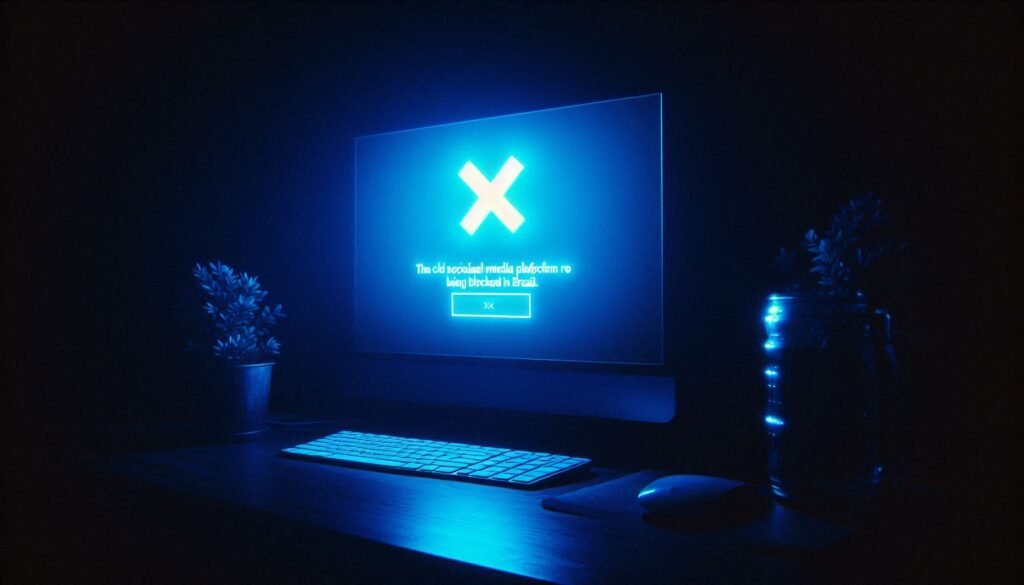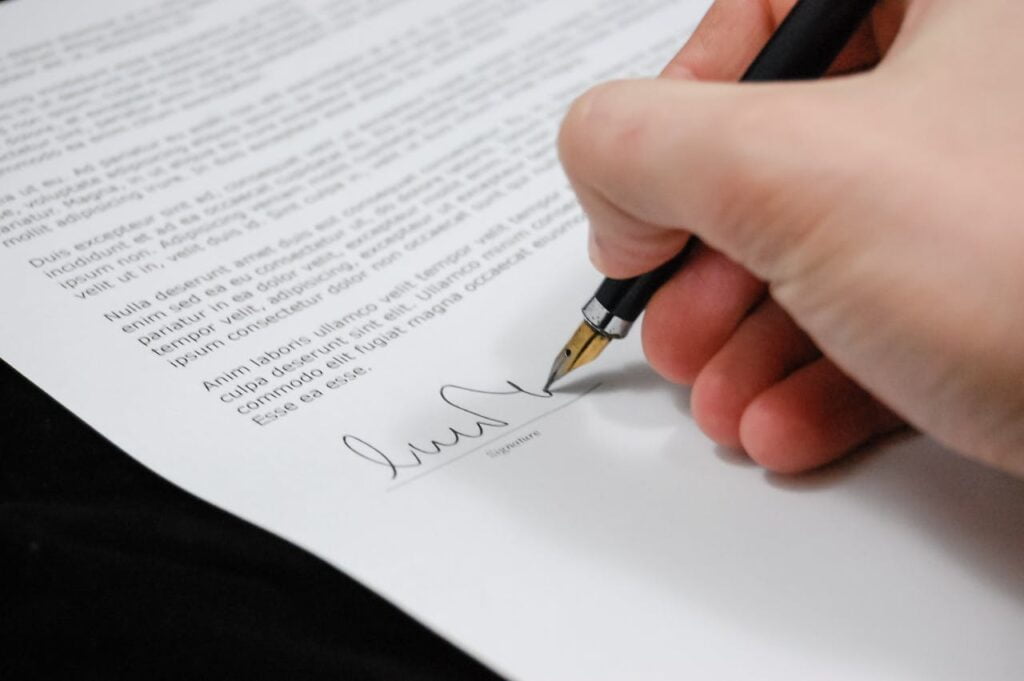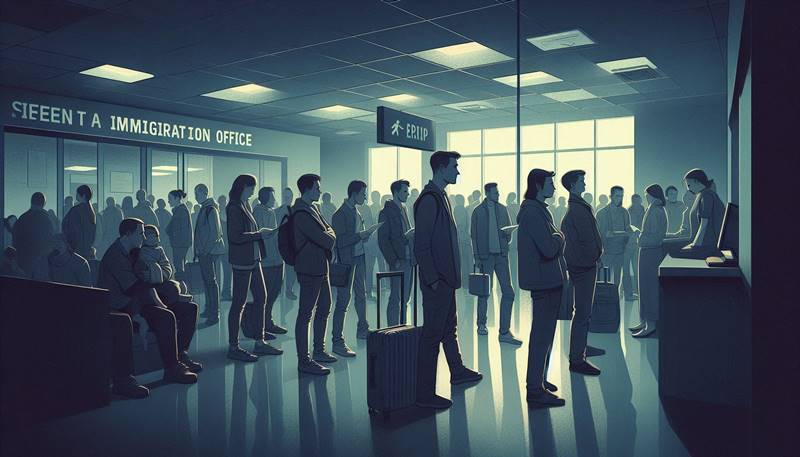
The block of Platform X in Brazil in 2024 marked a significant moment in the country’s digital regulation landscape. The platform’s disregard for Brazilian laws governing user protection, data privacy, and the dissemination of harmful content led to the decision to block it. This legal action has far-reaching consequences, affecting millions of users and raising critical questions about the balance between free speech, privacy, and regulatory compliance.
The Legal Foundation of the Block Platform X in Brazil
1. The Role of the Marco Civil da Internet (Law No. 12,965/2014)
The Marco Civil da Internet is often referred to as the “Constitution of the Internet” in Brazil. It establishes fundamental principles for the use of the internet, including privacy, net neutrality, and the protection of users’ data. The block on Platform X was primarily justified under this law, which mandates that digital platforms operating in Brazil must respect user rights and comply with legal orders.
In this case, Platform X failed to adhere to demands related to removing illegal content and ensuring the protection of user data. Brazilian courts found that the platform’s actions (or lack thereof) posed a threat to public safety and individual rights, especially concerning privacy and data misuse. The Marco Civil allows the state to impose sanctions, including the suspension or blocking of platforms that violate these rules.
2. Violation of the Lei Geral de Proteção de Dados (LGPD)
Brazil’s General Data Protection Law (LGPD), which is one of the most comprehensive data protection laws in the world, played a central role in the decision. Platform X was accused of mishandling user data, failing to obtain proper consent for data usage, and not providing transparency regarding how personal information was being processed.
The LGPD requires that platforms safeguard user data and adhere to stringent rules about data collection, storage, and sharing. In this case, Platform X’s non-compliance with these legal obligations led to its block, as authorities considered that allowing the platform to continue operating could lead to further violations of privacy rights. The decision was also based on the potential risk of the platform facilitating the spread of misinformation, which could harm public order.
3. Constitutional Issues: Balancing Free Speech and Regulation
Brazil’s 1988 Constitution guarantees freedom of expression and access to information. However, it also places limits on these rights when they conflict with other fundamental protections, such as the right to privacy and public security.
In this case, the block of Platform X has raised serious questions about whether the state’s decision infringes on these constitutional freedoms. The court argued that, while freedom of speech is protected, it is not absolute. When a platform fails to regulate harmful content, such as hate speech or misinformation, and does not protect user data, the state has a duty to intervene to protect broader societal interests.
Precedents and Jurisprudence
Brazil has a history of blocking digital platforms for non-compliance. Previous cases involving WhatsApp and Telegram serve as important precedents. For instance, WhatsApp was blocked multiple times due to its failure to comply with judicial orders to hand over encrypted messages in criminal investigations. These precedents reveal how Brazilian courts are willing to assert strong regulatory control over platforms when they believe public safety or legal compliance is at risk.
In the case of Platform X, the block is part of a broader global trend where governments are increasingly demanding that digital platforms adhere to local laws or face serious consequences, including suspension or heavy fines.
Consequences of the Block
1. Impact on Users
The immediate consequence of the block is that millions of users in Brazil have lost access to Platform X. This includes individuals, businesses, and content creators who relied on the platform for communication, commerce, and personal expression. For many, the block represents a significant disruption in their daily digital lives, as they must now seek alternative platforms or means of conducting their activities online.
2. Economic Consequences
The block also has notable economic impacts. Many small businesses and digital marketers in Brazil depended on Platform X to reach customers and engage with their audience. The inability to access the platform directly affects their revenue streams, forcing them to quickly adapt and find new ways to operate.
For Platform X, the block means the loss of a key market. Brazil, being one of the largest digital economies in Latin America, represents a significant portion of the platform’s user base. The financial implications of being cut off from such a large audience are considerable, affecting not only its revenue but also its global reputation.
3. Technological and Innovation Impact
The block sets a precedent that could have wider technological repercussions. Foreign companies and platforms may become more hesitant to operate in Brazil if they fear similar regulatory actions. This could stifle innovation and slow the growth of the digital economy in the region.
International Comparison
Brazil is not the only country to have blocked major digital platforms. India, Russia, and China have all taken similar steps to block or limit access to platforms that fail to comply with local laws. These decisions reflect a global shift towards stronger national regulation of global tech companies, with countries asserting sovereignty over digital spaces within their borders.
However, this raises concerns about the “fragmentation of the internet,” where different countries impose varying rules, leading to a splintered global digital ecosystem.
Future Perspectives: Towards a New Digital Regulation
As Brazil continues to evolve its approach to digital governance, the block of Platform X may lead to further legal and legislative developments. Lawmakers may seek to clarify and expand the rules regarding platform responsibility, potentially introducing new frameworks for content moderation and user protection.
One possible future direction could involve less severe penalties, such as fines or temporary restrictions, instead of full platform blocks. Additionally, Brazil could adopt new standards for transparency, requiring platforms to clearly explain their data practices and content moderation policies to users and regulators alike.
The block of Platform X in Brazil highlights the complex intersection of law, technology, and individual rights in the digital age. While the decision was based on legitimate legal concerns, particularly regarding privacy and compliance with national laws, it has raised important debates about censorship, free speech, and the future of global digital platforms. As countries like Brazil continue to assert their regulatory power, platforms will need to navigate an increasingly complex legal landscape to maintain their operations and protect user rights.


